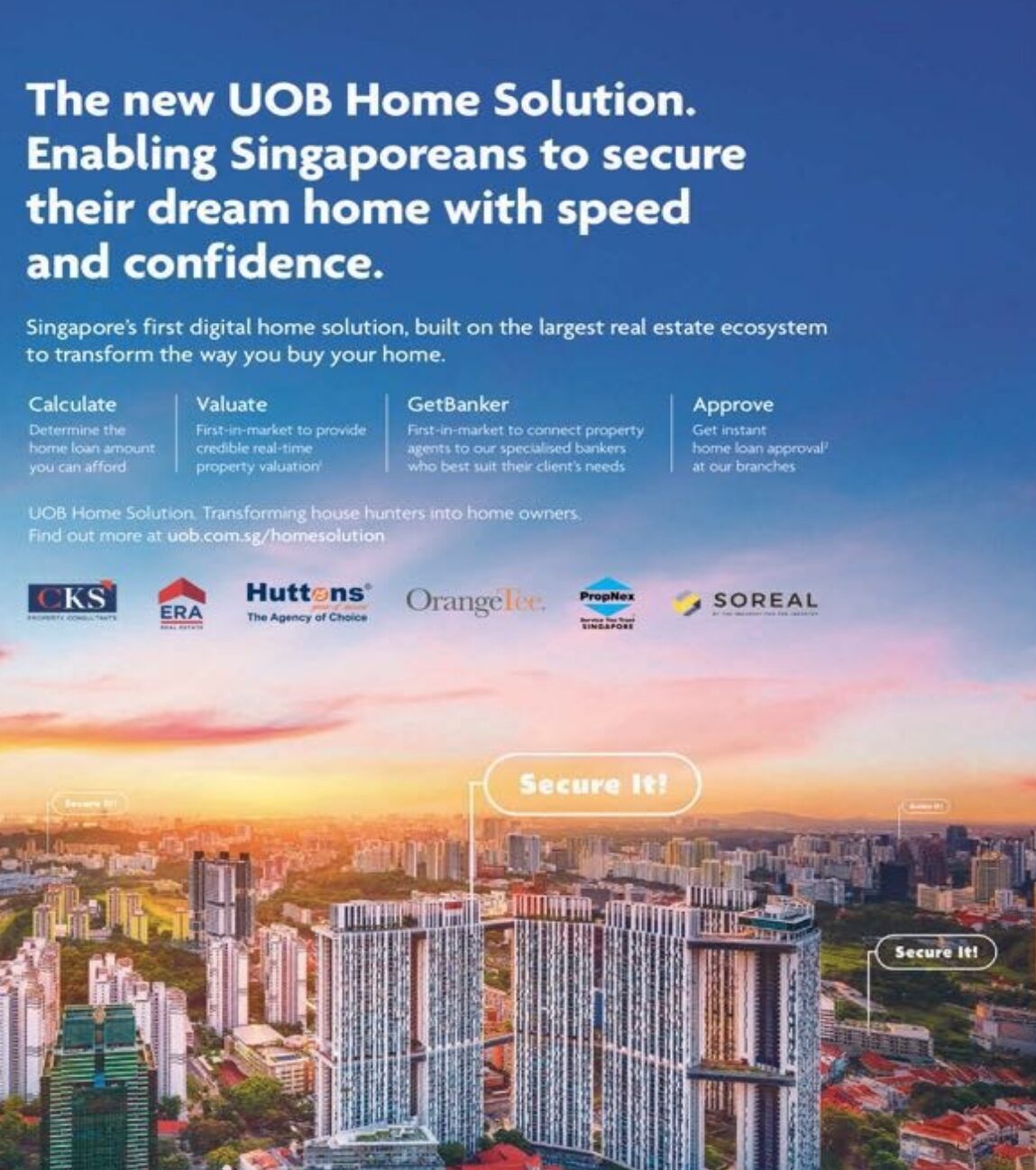What is an Automated Valuation Model and How Reliable is it in Singapore?
Blogs & Articles / What is an Automated Valuation Model and How Reliable is it in Singapore?

Key Takeaways:
- When Should You Use an Automated Valuation Model vs. a Licensed Valuer?
Use AVMs for quick, general estimates in well-transacted areas. For unique properties, volatile markets, or official purposes, rely on a licensed property valuer for up-to-date and compliant valuation reports.
Introduction
From managing multi-property portfolios and securing financing to negotiating high-value transactions, well-informed decision-making is essential in today’s data-driven property market. To ensure reliable property valuation, real estate professionals, institutional investors, and asset managers are gradually turning to the automated valuation model (AVM).
This digital solution is designed to estimate property values quickly using robust real estate market data. But how reliable is it in today’s complex and highly regulated property market? Read on to learn more.
What Is an Automated Valuation Model (AVM)?
An AVM is a technology-driven system that estimates property value using mathematical modelling and real estate market data. It typically pulls data from recent transactions, historical trends, property characteristics (e.g., floor area and location), and comparable sales to generate an estimate.
AVMs are used widely for internal assessments, portfolio monitoring, and initial decision-making across various sectors—from banking and insurance to property investment firms. However, like all models, their reliability depends on the quality and relevance of the underlying data.
How Reliable Is an Automated Valuation Model?
1. Reliability Tied to Data-Rich Locations
An AVM is only as strong as the real estate market data it draws from. In Singapore, automated valuation models perform best in high-density areas like HDB estates and mass-market condominiums. These areas see frequent transactions, allowing the system to make better estimations based on ample comparables.
Meanwhile, in low-transaction segments, the volume of recent and relevant sales data is limited. As a result, the AVM has fewer data points to reference, which affects its property valuation quality.
2. Less Reliable for Unique or Low-Transaction Properties
For landed homes, boutique condominiums, or uniquely renovated units, AVMs’ analytical ability may be compromised. These properties often lack comparable sales data, making it difficult for the model to assess intangible attributes such as:
- Renovation quality
- Premium views or facings
- Unique layouts or interior finishes

In such cases, a licensed property valuer brings much-needed nuance and context to the equation. They assess factors that data models can’t capture, including renovation quality, property condition, premium features, and local buyer sentiment. Besides, they also consider upcoming developments and zoning changes, ensuring the final valuation report reflects both real-world conditions and current market dynamics.
3. Market Volatility Can Skew Results
AVMs assume relative stability in pricing trends. During volatile periods, such as post-cooling measures or rapid price shifts, these models may lag. For instance, a sudden drop in demand due to policy tightening may not be reflected immediately in AVM estimates, potentially leading to overvaluation.
In fast-moving conditions, they may overvalue properties by failing to reflect current buyer sentiment. For timely valuation reporting in Singapore’s evolving market, a licensed property valuer is essential.
4. Best for Ballpark Estimates Than Official Use
Automated valuation models are excellent tools for generating quick ballpark figures. They’re ideal for:
- Portfolio health checks
- Initial investment considerations
- Cross-checking internal asset values
Nonetheless, it’s important to note that AVM-generated figures are not accepted for official or legal purposes. For mortgage applications, estate settlements, litigation, taxation, or regulatory reporting, financial institutions and government agencies require formal valuation reports prepared by a licensed property valuer. These reports provide the professional accountability and detailed assessment that AVMs cannot offer.
Why Opt for Property Valuation Companies
A licensed property valuer does more than just crunch numbers. They conduct site inspections, assess renovation quality, and analyse qualitative factors such as neighbourhood appeal or upcoming infrastructure projects.
Here’s what sets a professional valuation apart:
1. Human Insight
They prioritise real-world observations, not just data inputs.
2. Regulatory Acceptance
Their valuation reports are recognised by banks, government bodies, and legal institutions.
3. Compliance-Ready Reporting
They keep comprehensive reporting aligned with local valuation standards, IRAS and URA standards.
When decisions involve millions of dollars, investor confidence, or legal implications, relying on a professional valuation firm ensures both quality and accountability.
The automated valuation model can be a powerful tool when used appropriately. It’s fast, data-driven, and scalable. However, it also has clear limitations, especially in a complex market like Singapore. For basic assessments or casual use, AVMs can offer valuable insights. But when precision, compliance, and strategic outcomes are on the line, a licensed property valuer remains the gold standard.
At CKS Property, our experienced, certified valuers are committed to delivering comprehensive, trustworthy valuation reporting. We always ensure that your decisions are backed by up-to-date, defensible data.
Need a trusted valuation for your next property move?
Contact us and let our experts assist you.
Copyright © 2024 CKS Property Consultants Pte Ltd


